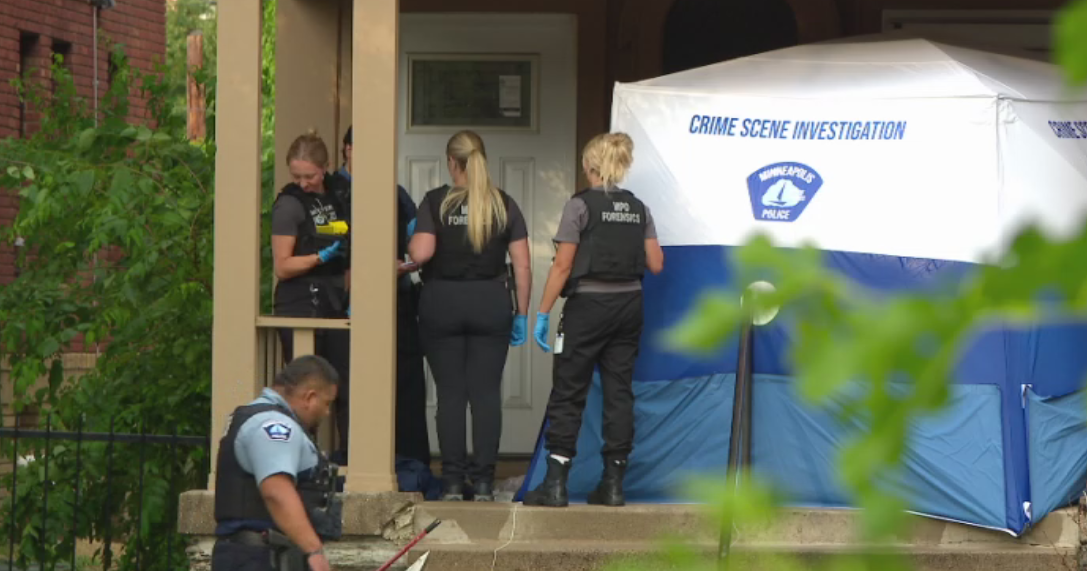Good Question: How Common Are Plea Deals?
MINNEAPOLIS (WCCO) -- Jacob Wetterling's confessed killer will never be prosecuted for murdering him in back in 1989. On Tuesday, Danny Heinrich pleaded guilty to a lesser charge in exchange for giving the Wetterlings the truth about what happened to their son.
So, how common are plea deals, and how do they work? Good Question.
"Any plea agreement with Heinrich would have to include a lengthy prison sentence and an confession that could be independently verified," said U.S. Attorney Andrew Luger. "And, of course, we need to bring Jacob home."
For ten months, prosecutors said they had been willing to negotiate, but it wasn't until ten days ago Danny Heinrich's lawyers said he was willing to deal.
"Over the months, I want to be clear, we didn't know if we would ever get here," said Luger.
Plea deals are the norm when it comes to all criminal cases. Up to 97 percent of federal cases end up with some sort of plea bargain. But, Heinrich's deal is unique because he admitted to a murder for which he won't serve time. Instead, he'll be in prison for one count of child pornography – a charge that carries a maximum sentence of 20 years. Experts say it shows the value of information only Heinrich knew.
"People will say 20 years is not enough and, of course, it's not enough. He should be spending the rest of his life in prison," said Joe Tamburino, an attorney who is not affiliated with the Wetterling case. "But, the Wetterlings need finality and answers in this case."
There are three types of plea bargains in criminal cases. People can serve less time, have charges dismissed or have no charges be given in the first place.
Prosecutors use their discretion in determining how much leniency to give, but follow guidelines established by the office. Some factors that influence their decision include what the defense might be offering.
"In this case, what Mr. Heinrich was offering was the ultimate piece of information," says Tamburino.
Luger said Tuesday that the Wetterlings were briefed on the details on the deal before it was signed. Tamburino says victims are generally notified of what's going on in a case, but don't have the final authority on a deal.







